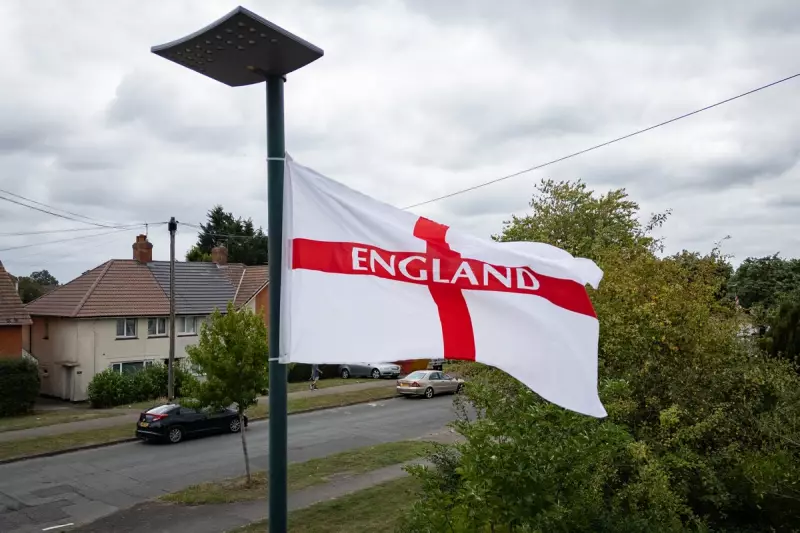
A growing number of Labour-controlled councils across England have ignited a fierce political controversy by removing or ceasing to fly the Union Jack and the Cross of St George from their town halls and official buildings.
The Symbolic Stand
The moves are being framed by the councils as acts of solidarity with Palestine amid the ongoing conflict in Gaza. Several local authorities have explicitly stated that flying the UK or English flags would be "inappropriate" while the government continues its stance on the Israel-Hamas war, which they claim fails to advocate sufficiently for a ceasefire or to condemn alleged Israeli war crimes.
Councils at the Centre of the Storm
Preston City Council has been a focal point, confirming it will not fly the St George's Cross on England's national day. A council spokesperson stated the flag would not be flown "as it would be inappropriate at a time of such terrible conflict and loss of life in Palestine and Israel."
Leicester City Council has taken a similar hardline position, declaring it will not fly any Union Jacks or St George's Crosses for the "foreseeable future." The council's leadership argues that displaying the national flags could be seen as endorsing the UK government's foreign policy, a position they vehemently oppose.
A Political Firestorm Erupts
The decisions have provoked outrage from Conservative MPs and campaigners, who accuse Labour of undermining national pride and using the Palestinian cause to wage a culture war.
Conservative MP for Penistone and Stocksbridge, Miriam Cates, lambasted the actions, telling The Independent: "The Union Flag is a symbol of our United Kingdom and should be a source of pride for every British citizen. It is utterly shameful that Labour councils are removing our national flag in a misguided and offensive attempt to make a political point."
This sentiment is echoed by grassroots organisations, who see the removal as an affront to British values and identity.
Labour's Internal Divide on Display
The situation exposes a significant rift within the Labour Party itself. While local councillors are pushing these symbolic gestures, Sir Keir Starmer's central leadership is attempting to project a more moderate, unifying image ahead of a general election.
The party's national campaign has been actively using the Cross of St George, attempting to reclaim patriotic symbolism from the Conservatives. This local-level rebellion threatens to undermine that strategy and highlights the ongoing tension between the party's leadership and its more activist-led base in councils.
Beyond the Flagpole: A Wider Movement
The flag controversy is not an isolated incident but part of a broader wave of pro-Palestinian actions within local government. Numerous councils have passed motions:
- Calling for an immediate and permanent ceasefire.
- Endorsing the Boycott, Divestment, and Sanctions (BDS) movement.
- Reviewing investments and contracts to ensure they are not linked to companies operating in Israeli settlements.
This places the Labour leadership in a difficult position, caught between supporting local democratic decisions and managing a potentially damaging national narrative of being anti-British.
The debate raging in council chambers from Preston to Leicester is more than a dispute over fabric and flagpoles; it is a potent symbol of the deep political and cultural divisions defining modern Britain.





